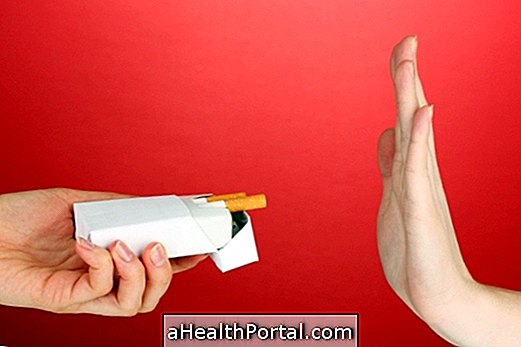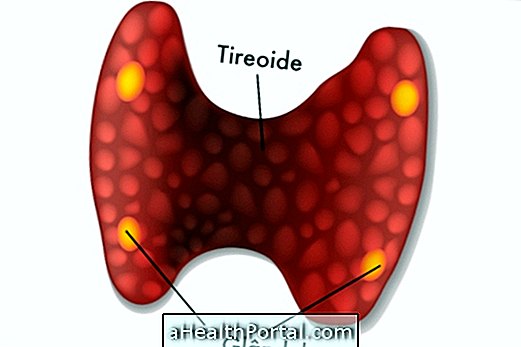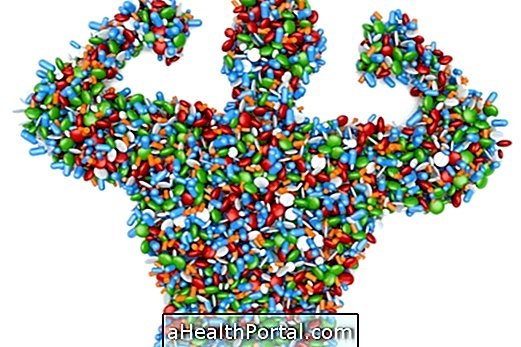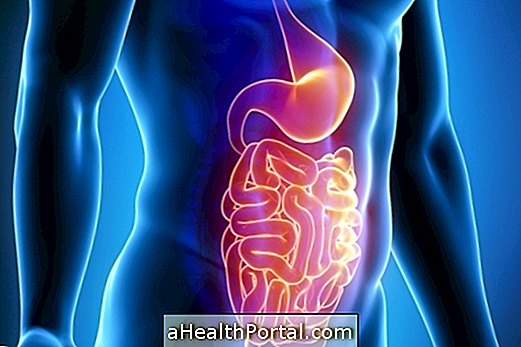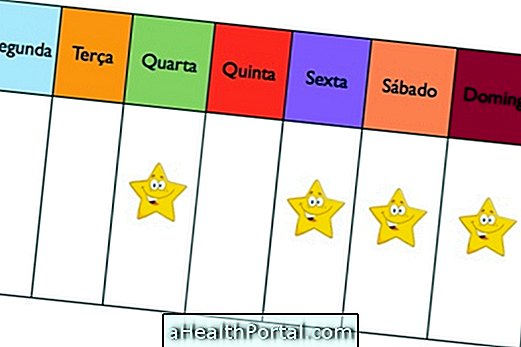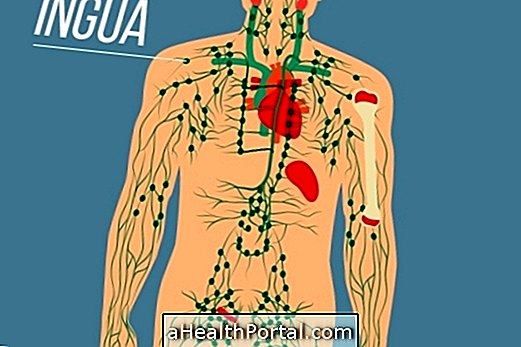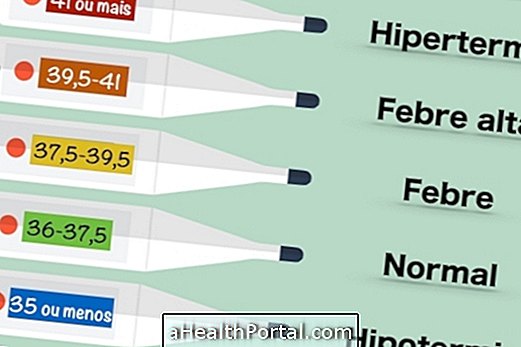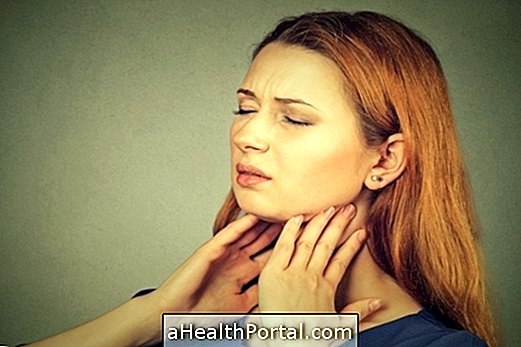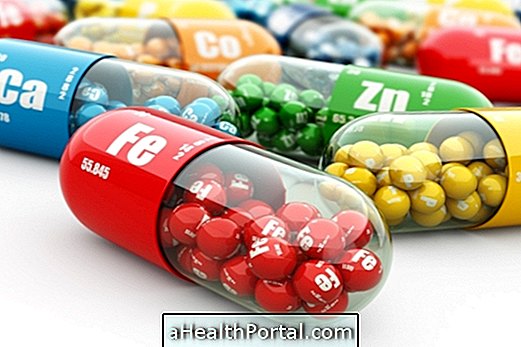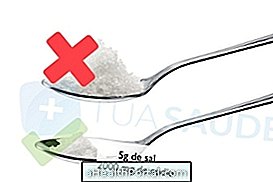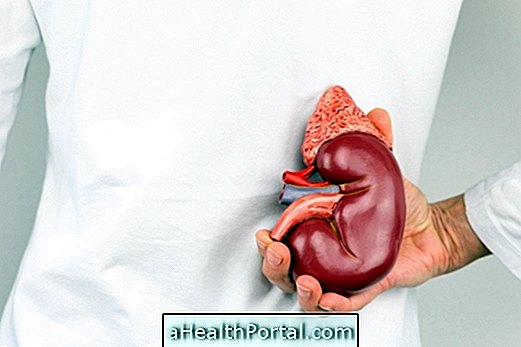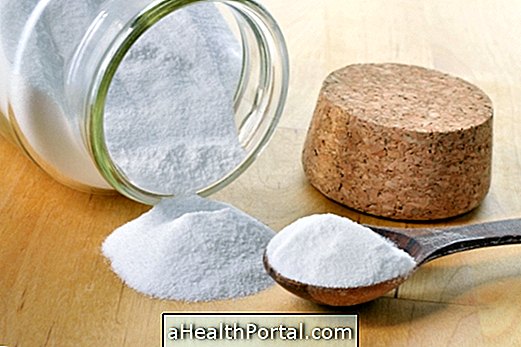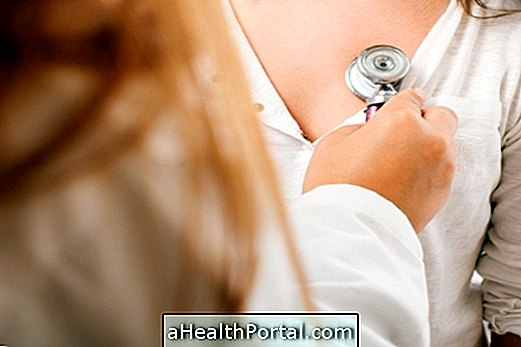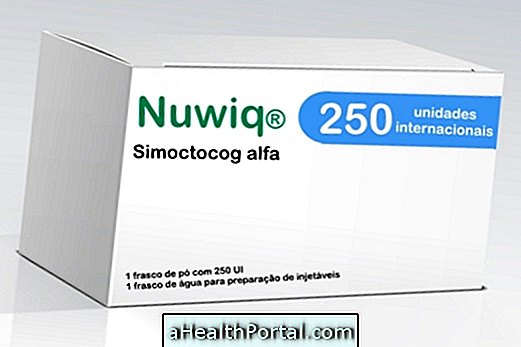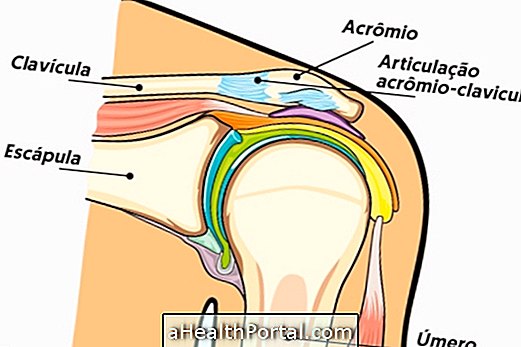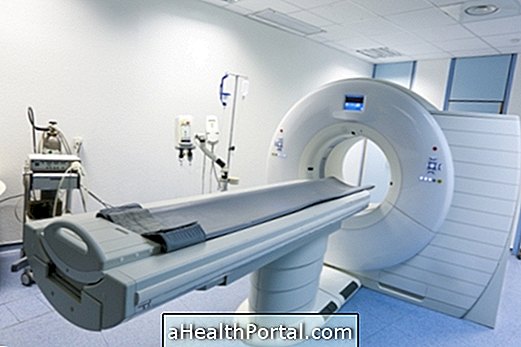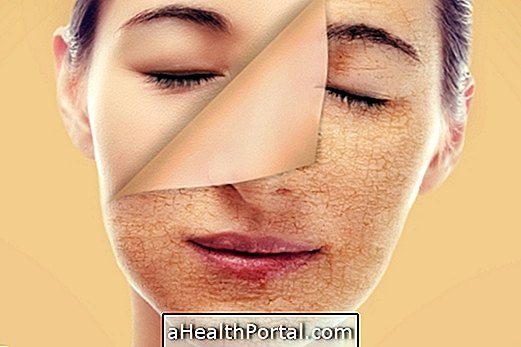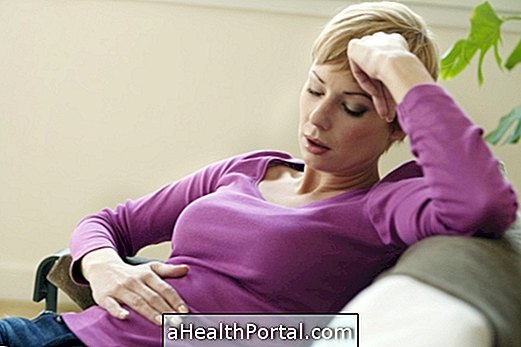The symptoms of leptospirosis appear suddenly, from 7 to 14 days after contact with the bacteria Leptospira, present in the urine of sewage rats. The first symptoms of leptospirosis are:
- Fever above 38ºC;
- Headache;
- Chills;
- Muscle pain, especially in the calf, back and abdomen;
- Loss of appetite, nausea, vomiting and diarrhea.
If treatment is not performed, complications such as yellowing of the skin and eyes, kidney failure, and bleeding may occur, coughing up and phlegm with blood, which may indicate pulmonary hemorrhage.
The doctor diagnoses leptospirosis based on blood and urine tests that identify the causative bacteria, but he may also order other tests such as chest x-ray and CT scan to see if organs have been affected and if there are other complications.
When to go to the doctor
You should go to the doctor whenever symptoms such as high fever suddenly appear and other symptoms at the same time. You should not take any medication to try to reduce the fever because the doctor needs to know the body temperature when the person arrives in the office or hospital and because certain medicines increase the chances of bleeding, as is the case of Aspirin, for example.
What to say to the doctor
One should tell the doctor the symptoms that are present, when they started and their intensity. In addition the doctor needs to know what the person works or studies because there are diseases that are more common in certain professions.
How a person gets leptospirosis
Leptospirosis is generally transmitted through contact with water contaminated with urine of animals capable of transmitting the disease and is therefore frequent during floods. But the disease can also occur in people who come in contact with the garbage, wastelands, debris and standing water because the bacteria can remain alive for 6 months in wet or wet places.
Thus, a person can become contaminated by stepping on puddles of water in the streets, cleaning empty land, moving in the accumulated garbage, frequenting the city dump, being common in people who work as maids, stonemasons and garbage collectors, although anyone can be contaminated when it comes into contact with water or objects contaminated with rainwater and floods. The salt water of the sea does not transmit this disease because the salt precludes the life of the bacterium.
How it is treated
Treatment for leptospirosis may be indicated by a general practitioner and is usually done at home by taking antibiotics such as Amoxicillin or Doxycycline for at least 7 days. To relieve pain and discomfort, the doctor may also recommend taking acetaminophen, but all medicines containing acetyl salicylic acid in its composition should not be used because they can cause bleeding, just as it does in dengue. See some examples of these remedies by clicking here.
In addition, it is important to stay at home and drink plenty of water to recover faster, so it is best if the person does not work and not attend school if possible.
Since the disease is not from one person to another it is not necessary to avoid the patient's contact with others, and his urine and feces do not cause contamination.

